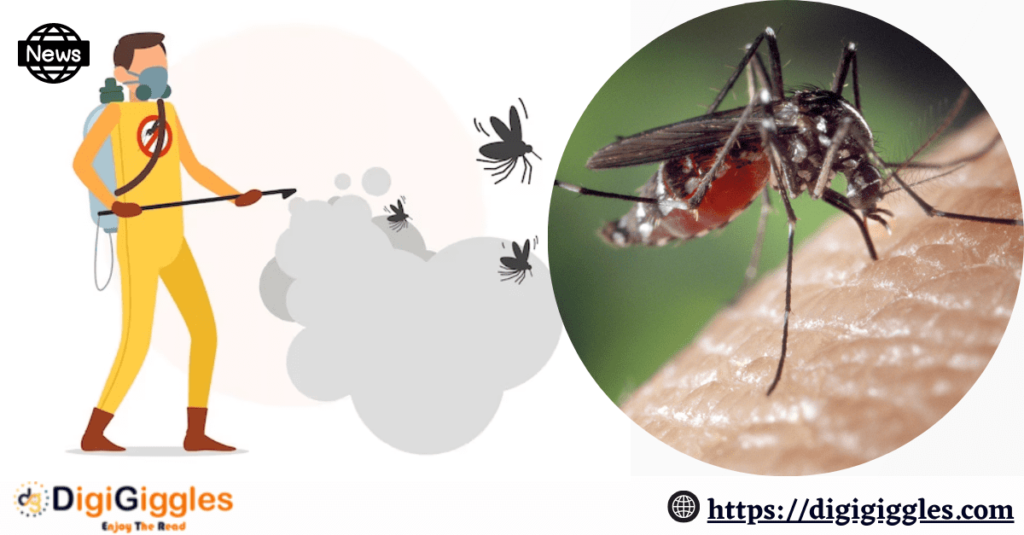As per a report issued by the Municipal Corporation of Delhi, the capital city of the nation experienced a notable increase of 105 fresh dengue cases in the previous week, resulting in a near-total of approximately 350 cases. The data indicates that until July 28, the city had recorded a total of 243 occurrences of this disease transmitted by mosquitoes. The most recent report made public by the Municipal Corporation of Delhi discloses that the cumulative count had escalated to 348 cases by August 5.
During the timeframe stretching from January 1 to August 5, the report mentions a documented total of 85 malaria cases. Notably, the figures also reveal that the month of July exclusively registered 121 instances of dengue, while June and May added 40 and 23 cases to the tally, respectively.
A total of 105 fresh cases were reported within the initial five days of August.
For the same timeframe (January 1 to August 5), Delhi documented 174 dengue cases in 2022, 55 in 2021, 47 in 2019, and 64 in 2018.
Numerous DBC (Domestic Breeding Checking) personnel, who play a frontline role in combating vector-borne diseases in the city, initiated an indefinite strike on July 31 under the banner of the “Anti-Malaria Ekta Karmachari Union”.
Following several days of protest, they recommenced their duties on August 5, as stated by the Union’s president, Devanand Sharma.
Regarding household inspections, he noted, “The highest incidence of mosquito larvae breeding during July was discovered in stagnant water within water coolers and flower pots.”
“In instances of non-compliance, our report specifies the locations where larvae breeding is identified. Approximately 60 per cent of these instances are typically traced back to stagnant water within water coolers and flower pots,” explained Sharma on Monday.
In response to the surge in dengue cases within the national capital, Delhi Health Minister Saurabh Bharadwaj recently convened a meeting with medical directors and superintendents from multiple city hospitals. The discussions focused on establishing protocols for handling dengue cases.
The Delhi administration has implemented a range of strategies to control the disease’s transmission. These measures encompass reserving five per cent of hospital beds specifically for dengue patients and ensuring the provision of daily updates on such cases via the city health department’s portal, as previously communicated by officials.
In a statement released on August 2, the Delhi health department conveyed that directives had also been issued to relevant authorities to furnish dengue test results within a span of 6-8 hours to facilitate prompt treatment.
Bharadwaj had directed all hospital administrators to provide daily updates regarding dengue patients admitted to their facilities through the city health department’s portal, much like the way medical establishments used to report daily COVID-19 data during the pandemic.
This practice is intended to provide the government with up-to-date information about the prevailing Dengue situation in Delhi. Furthermore, it will empower them to establish well-organized protocols for effectively addressing any potential emergencies, as stated in the announcement.
